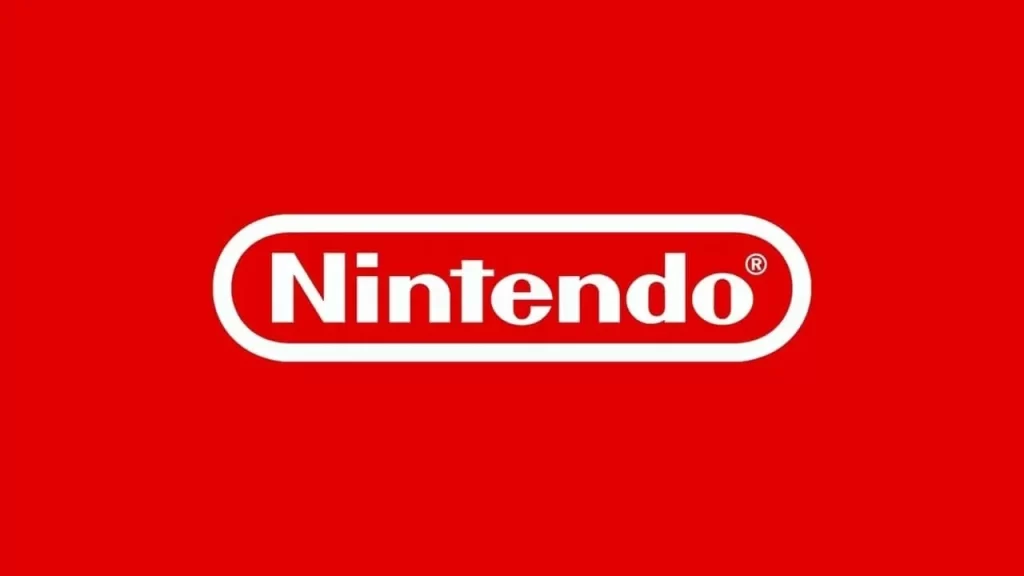In a significant turn of events, Nintendo appears to have successfully pressured the developers behind Ryujinx, one of the most popular Nintendo Switch emulators, to cease operations. This follows the earlier demise of Yuzu, Ryujinx’s primary competitor, which was also targeted by Nintendo in a legal battle. The recent developments raise critical questions about the future of emulator development and the broader implications for digital rights and game preservation.
The Rise and Fall of Ryujinx
Ryujinx gained recognition for its impressive performance and compatibility, particularly noted for running games like The Legend of Zelda: Echoes of Wisdom more smoothly on PC than on the Nintendo Switch itself. This made it a favorite among enthusiasts looking to experience Nintendo titles in a different way. However, this success likely caught the attention of Nintendo, a company known for its stringent protection of its intellectual property.
Reports suggest that the lead developer of Ryujinx, known as gdkchan, was approached by Nintendo with an agreement to shut down the project. A message from a moderator within the Ryujinx Discord indicated that gdkchan was given the option to stop all work on Ryujinx and remove its related assets. As a result, Ryujinx’s official website and GitHub page have been taken down, signaling the end of a once-prominent emulator.
Legal Strategies and the Future of Emulation
Nintendo’s aggressive legal tactics against emulators have raised eyebrows within the gaming community. While emulators themselves are generally legal, the nuances surrounding copyright laws can create vulnerabilities for developers. Nintendo’s strategy often includes filing lawsuits that smaller developers cannot afford to contest. The company has also employed DMCA takedown requests to remove emulator content from platforms like GitHub and Discord.
The demise of Ryujinx follows a similar fate experienced by Yuzu, which was subjected to legal action that led to its closure and a substantial financial settlement. These actions signal a renewed focus by Nintendo on maintaining control over its intellectual property, especially as emulators become more capable and popular among gamers.
The Impact on the Emulator Community
The closure of Ryujinx and Yuzu highlights the precarious nature of emulator development. While these tools serve a segment of the gaming community eager to experience games beyond their original platforms, they also present challenges regarding legality and copyright. The fear of legal repercussions can stifle innovation and deter developers from pursuing similar projects.
Despite these setbacks, there remains a possibility for continued development in the emulator space. The fragmented nature of open-source projects means that while the official Ryujinx team may be disbanded, individual developers may continue to work on forks or new emulators inspired by the original codebase. Just as Yuzu’s offshoot, Suyu, continues to exist on self-hosted servers, there is potential for Ryujinx’s legacy to persist in a similar manner.
The Broader Context of Digital Rights
The situation surrounding Ryujinx and Yuzu is emblematic of a larger conversation about digital rights and the preservation of video game culture. Emulators provide a crucial means for players to access classic titles that may no longer be available on current platforms. The fight against emulation reflects a tension between preserving gaming history and the commercial interests of companies like Nintendo.
This conflict is further complicated by the fact that many emulators enhance the gaming experience by improving performance and graphics beyond what the original hardware could achieve. For gamers seeking to relive nostalgic experiences or play titles that are no longer commercially viable, emulators represent an essential avenue.
Reactions from the Community
The closure of Ryujinx has elicited a strong response from the gaming community. Many enthusiasts express frustration over Nintendo’s actions, viewing them as overly aggressive and stifling to the creative spirit that defines the gaming world. The sentiment is that while Nintendo has the right to protect its intellectual property, it also has a responsibility to recognize the value that emulators bring to the broader gaming community.
Some developers within the community have started discussions about creating decentralized efforts to continue the work begun by Ryujinx and Yuzu. The potential for a grassroots movement to foster emulator development reflects a desire among enthusiasts to resist corporate control and promote accessibility in gaming.
Conclusion: A Pivotal Moment for Emulator Development
The shutdown of Ryujinx marks a pivotal moment in the ongoing battle between game developers and emulator creators. As Nintendo solidifies its legal stance against emulators, the future of such projects remains uncertain. However, the resilience of the gaming community and the potential for new developments ensure that the conversation surrounding digital rights, game preservation, and accessibility will continue.
As we look ahead, it will be crucial to monitor how these dynamics evolve. The fate of Ryujinx may serve as a cautionary tale for other emulator projects, but it also underscores the importance of advocating for digital rights and preserving gaming culture for future generations. Whether through forks, new emulators, or a collective effort to safeguard gaming history, the spirit of emulation is unlikely to fade entirely, even in the face of corporate challenges.
